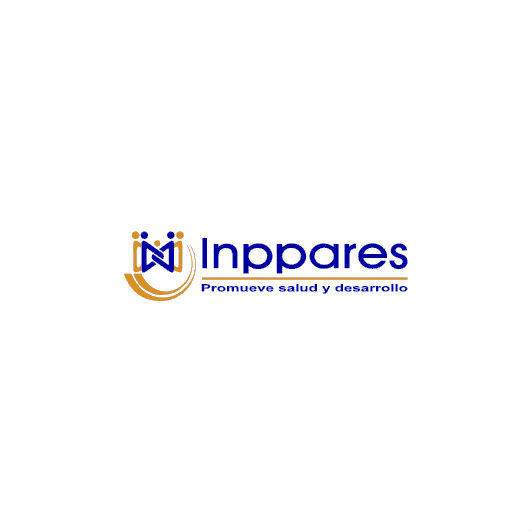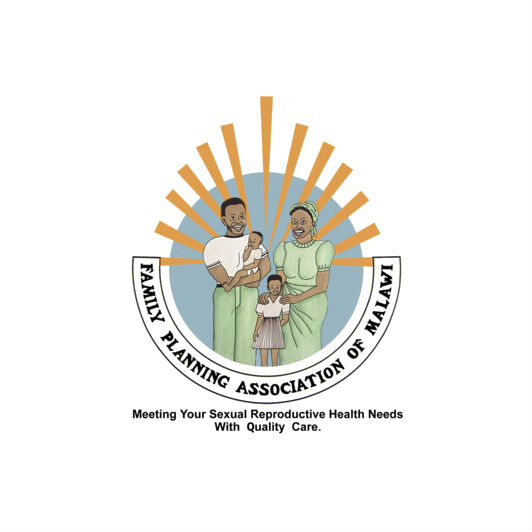

| 31 March 2016
Instituto Peruano de Paternidad Responsable
The Instituto Peruano de Paternidad Responsable (INPARRES) operates an extensive network of over 1,800 service points which include 16 permanent clinics, 1 mobile facility and over 1,000 associated facilities. Its Family Planning Brigades reach out to nearly 500,000 people in remote communities. The organization works with community groups and private doctors to integrate family planning services into maternal and child health programmes, and to conduct wide-ranging information, education and communication (IEC) activities. INPARRES also provides training in the prevention of sexually transmitted infections (STIs), including HIV and AIDS, to health workers, teachers and journalists. INPPARES’s far-reaching youth programme employs doctors, social workers, psychologists, health educators, youth volunteers, communications experts and employment counsellors to undertake outreach work in schools, youth centres, communities and a wide range of informal outdoor locations – including beaches, markets and music events. INPARRES holds sexual and reproductive health fairs 3 times a year together with government ministries and campaigning groups such the Ministry of Health, the Homosexual Movement of Lima and Via Libre (an AIDS organization). Contacts Website: www.inppares.org Facebook: https://www.facebook.com/INPPARES/ Twitter: https://twitter.com/INPPARES

| 31 March 2016
Family Planning Association of Malawi
When it was founded in 1999, the Family Planning Association of Malawi (FPAM) focused on providing family planning services. As the organization has evolved, it has both refined and expanded its operation. Today, FPAM targets young people primarily, and reaches out to under-served rural communities. As a result, it operates 64 service points, including 53 mobile sexual and reproductive health (SRH) facilities and 4 static clinics. Its community-based distributor/services (CBDs/CBSs) profile is also very strong with 65 additional delivery points. As ever with IPPF Member Associations, the mix of outlets and approaches is very much led by the particular demographic and geographic needs of the country. FPAM also provides youth-friendly SRH information, education and behaviour change communication materials to young people at 4 youth centres, and through schools. Peer educators use group discussions, theatre performances, publications and audio-visual materials produced by community reproductive health promoters to pass on the message about good SRH practice and access to resources. The distribution of contraceptives, pregnancy testing, the diagnosis and treatment of sexually transmitted infections (STIs) and voluntary counselling and testing (VCT) for HIV and AIDS are core to FPAM’s clinic activity. For its successful operation, the organization depends on a team of 46 full-time staff and over 600 volunteers. Over the years, FPAM has forged partnerships with health, family and youth departments in government, to advocate forward-thinking national SRH policies. It works with a variety of non-governmental organisations (NGOs) including the Malawi Girl Guides Association and Banja La Mtsogolo. Financing support comes from UNFPA, IPPF’s Japan Trust Fund, the Japanese Organization for International Cooperation in Family Planning (JOICFP), UNICEF, National AIDS Commission, GTZ, and Youth Incentives. FPAM also networks with other SRH-focused groups, particularly in the fields of HIV and AIDS and youth issues. Contacts Website: www.fpamalawi.org Facebook: https://www.facebook.com/FPAMalawi/







